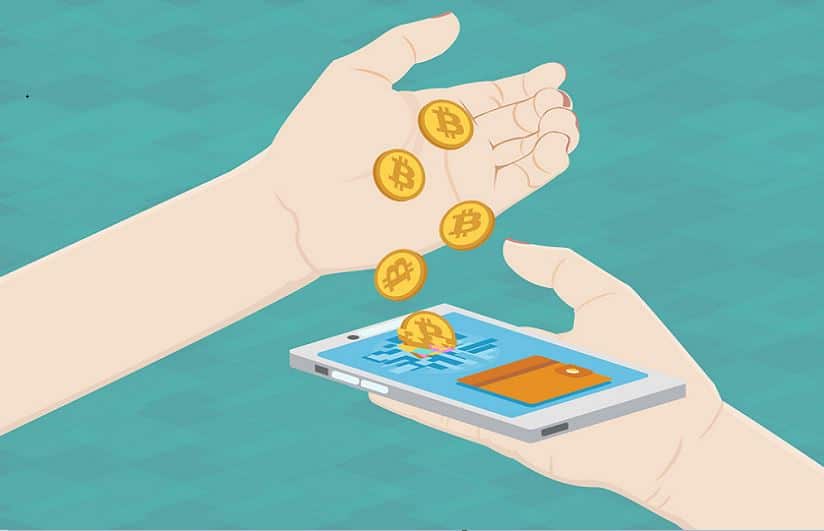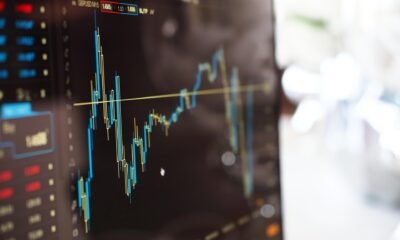News
Bitcoins: The emergence of a new asset class – Saurabh Agrawal, Zebpay
Some regard Bitcoins as a commodity, some property, while still others consider it a subset of the currency asset class.
Bitcoins are as much of an enigma to the average investor as it is to the pioneer Satoshi Nakamoto. The sudden upsurge in cryptocurrency’s valuation in recent months aroused curiosity in the financial world. Some regard it a commodity, some property, while still others consider it a subset of the currency asset class.
Initially introduced as a hybrid instrument of virtual money, digital asset, and technology, investor interest in Bitcoins secured it a place in institutional and rich people portfolios. This gave rise to many other competing cryptocurrencies based on similar blockchain technology. As of date, over 800 cryptocurrencies exist.
So what are the major characteristics that underpin this argument for Bitcoins as a separate asset classification?
1. Usage
Bitcoins have traditionally been used as a speculative investment opportunity rather than a currency alternative to pay for goods and services. This is due to their high volatility, slow transaction time and limited divisibility measure (currently up to 8 decimal places). On June 12th 2017 alone, bitcoins fell $300 dollars to $2,650 shortly after breaching the $3,000 limit. Moreover, unlike fiat currency, bitcoins are not legally tendered by any government, administered instead by its network of operators or “miners”.
2. Investment Quotient
Investment quotient of an asset refers to its mid to long-term return potential. This includes factors such as liquidity, investment opportunities, avenues of investment, as well as factors relating to trading volumes. Bitcoins account for only 1% of current investors but the market cap has more than tripled in 2017 alone. The overall market value stands at $45 billion. The average traded value is over $1.5 billion a day. This is similar to gold or real estate exchange traded funds. The availability across the world will increase its liquidity over time attracting more investors.
3. Correlation
Bitcoins have near zero correlation with other traditional asset classes such as equities, bonds, real estate or emerging market currencies. The Bitcoin movement in the market is unlike any other asset class. Hence, even if bitcoins were to exhibit bubble-like tendencies, a significant reduction in value could be treated as an isolated event that would still leave other asset classes unaffected. Since its correlation bounds so resolutely around zero, this provides an excellent diversification benefit to portfolios containing them. There is no fear of a contagion.
4. Institutional Infrastructure
The massive traction of bitcoins has paved way for official institutional backing and infrastructure. Bitcoins can now be traded actively through a variety of products including forwards, exchange traded funds, exchange traded notes, and other forms. These institutions are the cornerstone for bitcoin and other cryptocurrency trade.
5. Bitcoins are Gold 2.0
Bitcoin is often likened to gold due to its capped supply, growth through mining, and non-centrality. Also, bitcoins have a perceived store of value much like gold, despite volatility. Due to its low correlation with other traditional assets, lack of investor confidence in the financial markets could prompt some to flock to this asset as a safe-haven as a hedge against the system.
The continuous evolution of bitcoins’ open-source technology and increased investor interest in these cryptocurrencies will lead to these assets differentiating themselves in the marketplace. However, the success of bitcoins as an alternative asset class depends not only on its ability to affect the economy as a whole while distinguishing itself from existing assets, but is also contingent upon investor perception and extensive adoption.
Disclaimer: The views and opinions expressed in this article are those of the authors and do not necessarily reflect the official policy or position of the publication













































Pingback: 62 interesting facts about Bitcoin - the virtual currency taking the world by storm